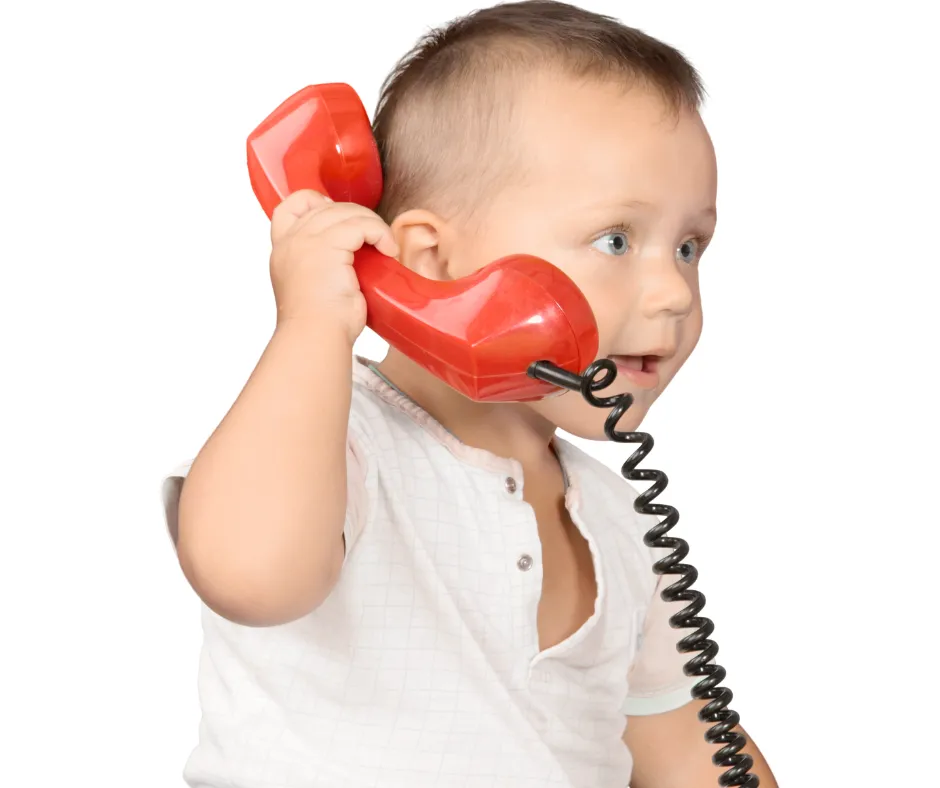
Speech Development - A Guide for Parents
Helping Your Child Develop Speech: A Guide for Parents
As parents, we all want our children to learn and grow. One of the most important skills they develop is speech. Speech helps children communicate clearly, express their thoughts, and interact with others. But how do we know if they’re on track? And what happens if they seem to be struggling?
Let’s take a look at what to expect with speech sound development and what can be done if your child needs extra support.
Speech Sound Milestones: What to Expect
All children learn speech sounds gradually. They start with simple sounds and build up to more complex ones. Here are some general speech sound milestones for children from birth to 7 years old:
Birth to 1 year: Babies coo, babble, and experiment with different sounds. They respond to voices and try to mimic sounds.
1 to 3 years: Toddlers begin saying more words, though they may not pronounce them perfectly. Common first sounds include "p," "b," "m," "d," and "n."
3 to 4 years: Speech becomes clearer, and children can say most sounds, though they might still have trouble with tricky ones like "r," "l," "s," and "th."
4 to 5 years: Most speech sounds are clear, and strangers can understand most of what they say.
5 to 7 years: Children can correctly say all speech sounds, including difficult ones like "r," and "th".
If your child is having trouble with certain sounds past the expected age, they may have a speech sound disorder.
Common Speech Sound Disorders
Some children struggle more than others with making speech sounds. Here are a few common speech sound difficulties:
Articulation disorder – Difficulty saying certain sounds correctly (e.g., saying "wabbit" instead of "rabbit").
Phonological disorder – Patterns of speech mistakes, like leaving off the ends of words or replacing sounds (e.g., saying "tat" instead of "cat").
Childhood apraxia of speech (CAS) – Trouble coordinating the muscles needed for speech, leading to variable speech errors.
Lisp – Either when the tongue pokes out between the teeth slushy (e.g., saying “thun” instead of “sun”), or when speech sounds are slushy. A lisp can impact the ‘s’ or ‘z’ sounds, or in more severe cases can impact the ‘sh’, ‘ch, ‘j’, or ‘z’ (as in ‘leisure’) sounds. A lisp is not part of typical speech sound development and requires support from a speech pathologist to resolve.
These challenges can make it harder for others to understand your child and may affect their confidence. But there’s good news—speech therapy can help!
How Speech Therapy Can Help
If your child has trouble with speech sounds, a Speech Pathologist can help. They use fun, interactive activities to improve speech clarity. Some common therapy approaches include:
Articulation therapy – Helping children practice and perfect specific sounds through repetition and feedback.
Phonological therapy – Teaching children to recognise and correct patterns of speech mistakes.
Play-based therapy – Using games, songs, and stories to encourage correct speech in a fun way.
Early support makes a big difference. If you’re concerned about your child’s speech, don’t hesitate to give us a call! We can assess your child’s skills and create a plan to help them speak clearly.
Final Thoughts
Every child learns at their own pace, but knowing the milestones can help you spot potential concerns early. If you think your child may have a speech delay, don’t worry—help is available! With the right support, children can develop clear and confident speech.
